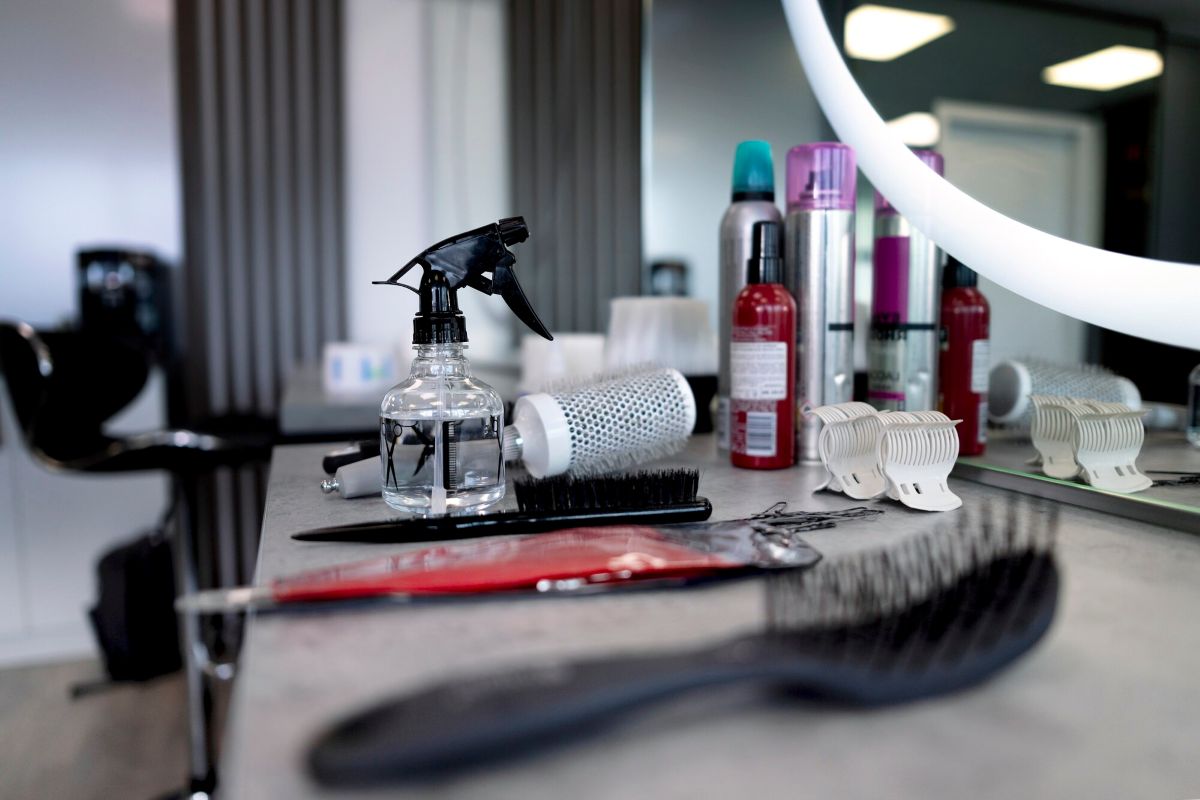Beauty Without Rules: How Hiring Illegal Workers Led to Big Trouble for a Bali Salon

A European expat opened a beauty salon in Bali with the goal of creating a cozy space that offered the familiar level of service her clients were used to. To ensure quality, she invited fellow professionals from her home country — a hairdresser, a nail technician, and a brow artist. Each of them had strong portfolios and experience working in Europe.
Clients were thrilled, and the business was doing well.
But there was one crucial mistake: the foreign specialists were working directly with clients.
That’s Strictly Against the Law
In Indonesia, foreigners are not allowed to work in the beauty industry — full stop.
Even if they wanted to apply for a work permit, it wouldn’t be granted for this sector.
No matter how talented the professional, the law does not permit foreigners to cut hair, do nails, or offer similar services.
What Really Happened
The foreign workers provided services to clients daily
They were in the country on tourist or social visas
They had no work permits (IMTA) or stay permits (KITAS) — and even if they did, it wouldn’t make the work legal
They were paid in cash
The legal quota for local vs. foreign staff was violated (4 out of 6 employees were foreigners)
No taxes or BPJS (social security/healthcare) contributions were made
“Everyone does it — just keep it low profile,” the owner thought.
To avoid attention, only the salon’s brand account was used on social media. Staff weren’t tagged, and appointments were made through WhatsApp. Word-of-mouth brought in most clients.
Then Came the Immigration Raid
The trigger? A complaint from a competitor about illegal foreign workers.
Immigration authorities launched an inspection and confirmed:
Foreign staff were providing paid services
They had no legal right to work in Indonesia
Payments were received directly; chats and transfers were recorded
The salon had exceeded the allowed ratio of foreign to local employees
The Consequences
Temporary closure of the salon during investigation
Fines up to 500 million IDR
Cancellation of visas and deportation of all foreign staff
Legal risk for the owner: possible business ban and deportation
The business was flagged for ongoing immigration monitoring
“I honestly didn’t know foreigners weren’t allowed to work in salons at all,” the owner admitted during questioning.
What Could Have Been Done Instead?
A foreign specialist can only be officially involved as a trainer — someone who teaches and mentors local staff.
They cannot legally work with clients, regardless of visa type.
Trying to "keep it quiet" on a tourist visa is almost guaranteed to backfire — all it takes is one inspection.
The beauty industry is a high-risk area for immigration enforcement, especially in Bali, where checks happen often and without warning.
We Can Help
Review your current hiring structure
Offer legal options for involving foreign professionals
Apply for KITAS where applicable (e.g., trainer roles)
Set up proper systems for taxes, payroll, and BPJS
Protect your business from legal trouble and unexpected inspections
Not sure if your current setup is legal? Message us.
If it’s possible to register someone legally — we’ll take care of it.
If it’s not — we’ll help you find a safer path forward.















